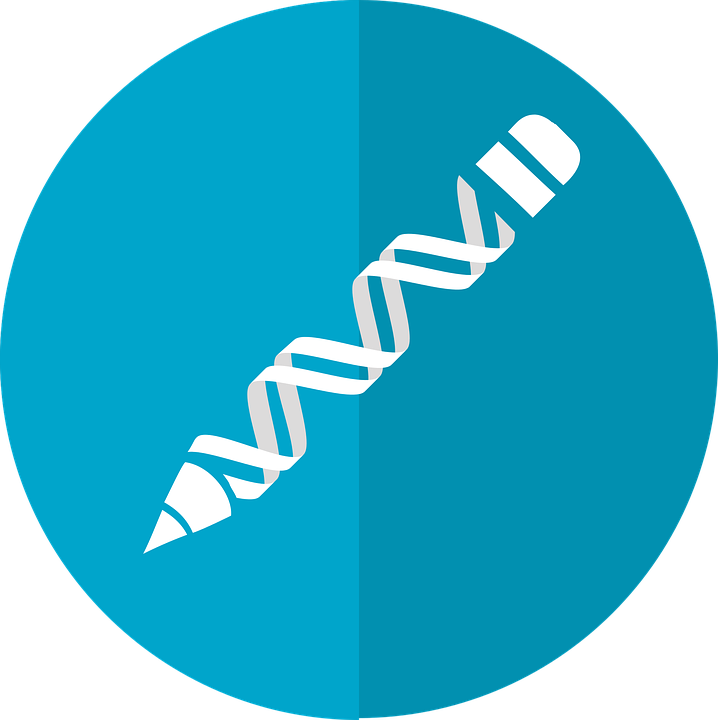Aggregated News

At the end of this month, the Second International Summit on Human Genome Editing will be held in Hong Kong. In the invitation to participants, the local host and President of the Academy of Sciences of Hong Kong, Dr Lap-Chee Tsui takes care to note that: “[o]f particular concern is the possibility of heritable genome editing… and applications for purposes other than to treat disease or disability.”
The possibility of heritable human genome editing is what propelled the United States National Academy of Sciences and National Academy of Medicine, United Kingdom’s Royal Society, and the Chinese Academy of Sciences to co-organize the First International Summit on Human Gene Editing three years ago, in Washington. This Summit was a response to the first published study in human embryos using CRISPR-Cas9 – then a newly discovered genome editing tool characterized by “unprecedented efficiency and stunning ease of use.”The research led by Junjiu Huang and Canquan Zhou at Sun Yat-sen University in Guangzhou, China, aimed to modify the endogenous β-globin gene that causes β-thalassaemia. β-thalassaemia affects about 2% of people in China, ...



